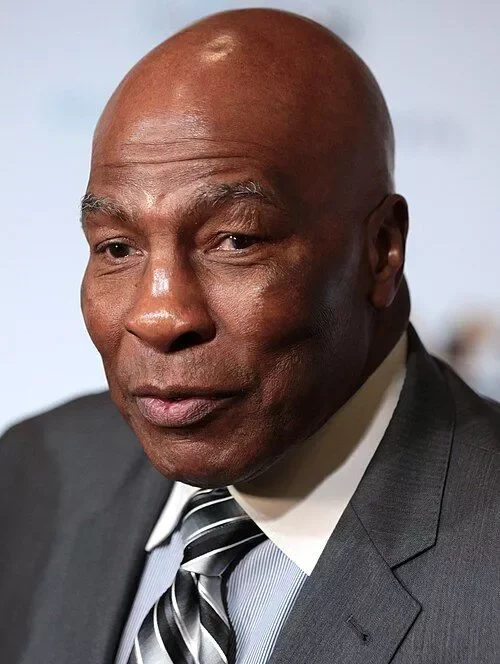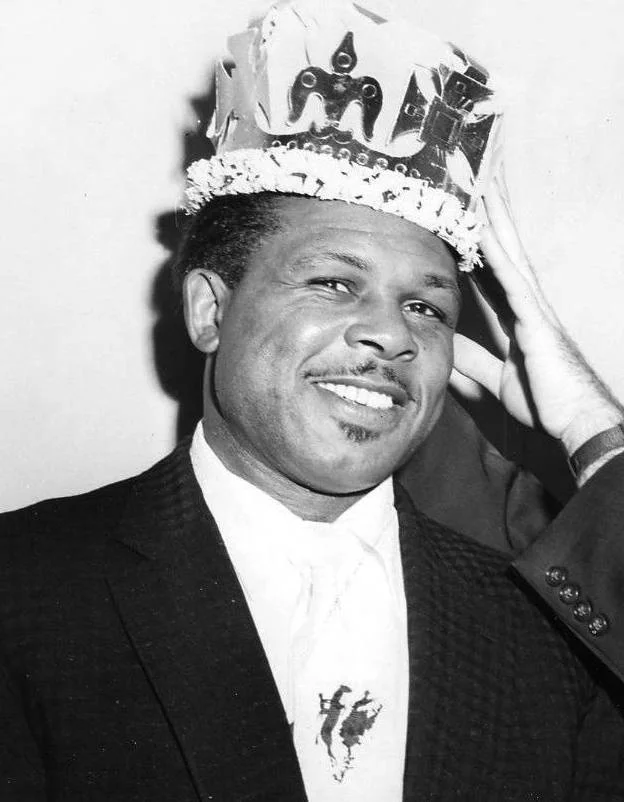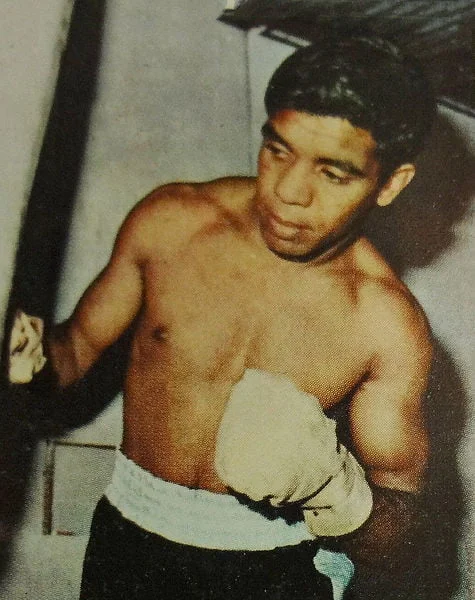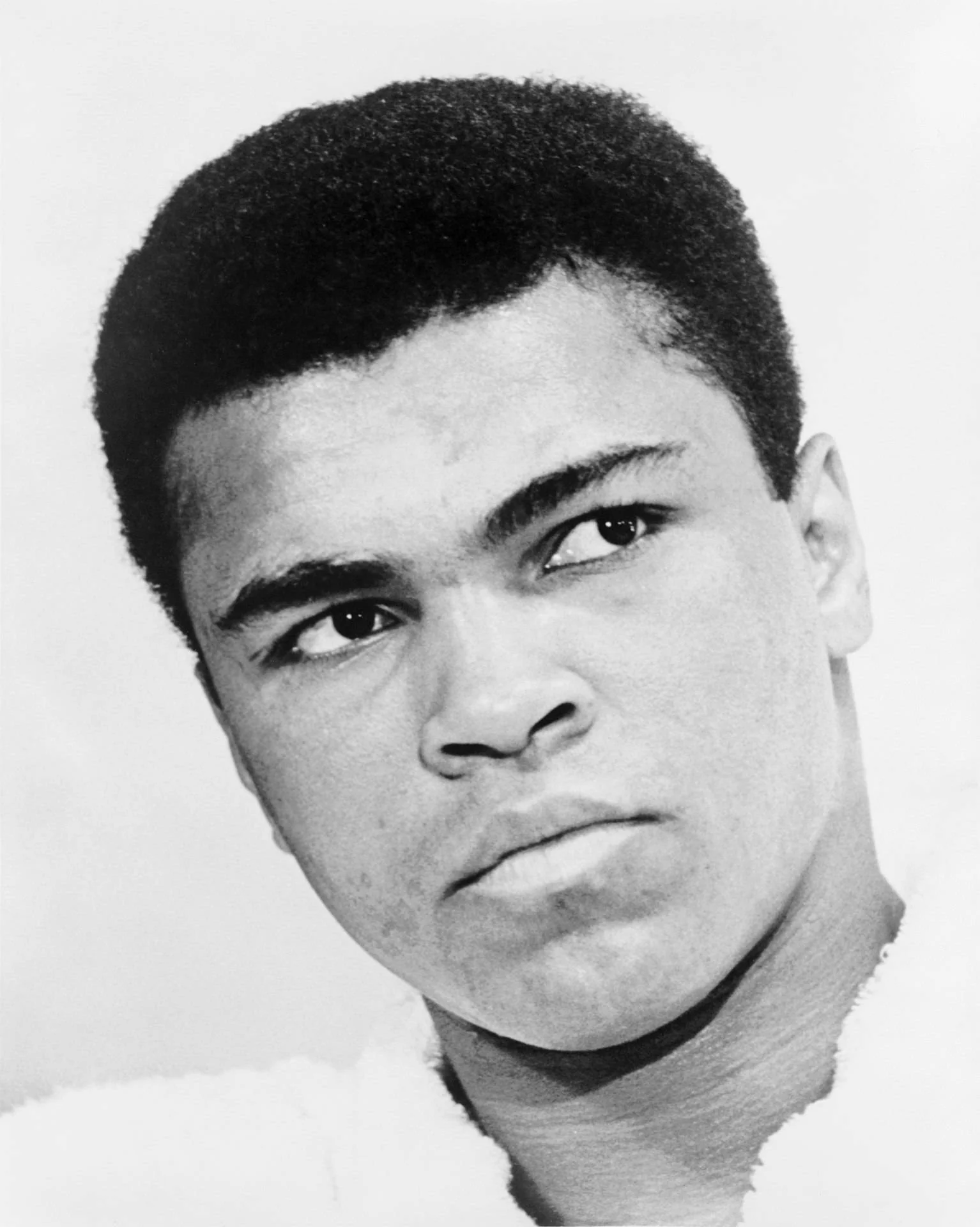Real Celebrities Never Die!
OR
Search For Past Celebrities Whose Birthday You Share
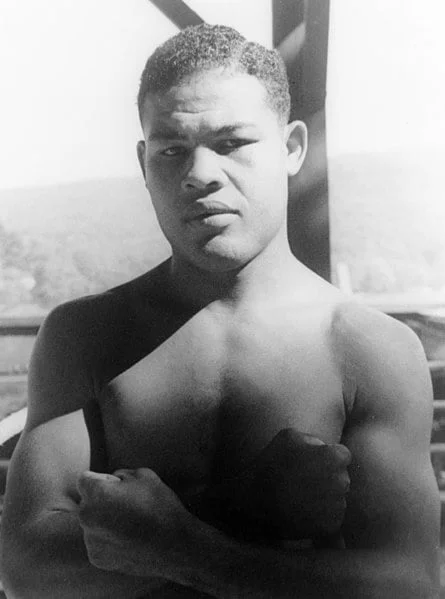
source:.wikipedia.org
Joe Louis
Birthday:
13 May, 1914
Date of Death:
12 Apr, 1981
Cause of death:
Heart attack
Nationality:
American
Famous As:
Boxer
Age at the time of death:
66
Joe Louis's Quote's
Early Life and Background
Joe Louis, born Joseph Louis Barrow on May 13, 1914, in Lafayette, Alabama, emerged as one of the greatest heavyweight boxers in the history of the sport. The seventh of eight children, Louis’s family moved to Detroit when he was young, seeking better economic opportunities. His childhood was marred by poverty, racism, and violence. Yet, from these humble beginnings rose a boxing legend whose name became synonymous with power, grace, and resilience. Joe Louis, the “Brown Bomber,” left an indelible mark on sports history, not just as a champion boxer but as a symbol of hope and defiance in the midst of racial segregation.
Early Career and Rise to Prominence
Louis dropped out of school at 16 to work odd jobs, eventually finding solace in the local gym. His raw talent and ferocious punches caught the eye of trainers who saw in him a potential champion. His professional boxing debut in 1934 was a meteoric rise. With a devastating left hook and an iron chin, Louis won 27 consecutive fights, 25 by knockout, leaving a trail of unconscious opponents in his wake. His victories resonated beyond the ring, capturing the imagination of a nation struggling through the Great Depression. He became a symbol of black pride, offering hope and inspiration to millions facing racial discrimination.
Championship and Legacy
In 1937, Louis challenged the heavyweight champion, James J. Braddock, in a fight dubbed “The Cinderella Man.” Louis’s brutal knockout in the eighth round cemented his place as the world heavyweight champion, the first African-American to hold the title. His reign lasted for 12 years, the longest in heavyweight history. He defended his title 25 times, facing formidable opponents like Max Schmeling, Billy Conn, and Jersey Joe Walcott. Each fight became a national spectacle, transcending sports and transforming Louis into a cultural icon.
Influence Beyond the Ring
Louis’s influence extended far beyond the boxing ring. He became a symbol of American strength and resilience during World War II, participating in hundreds of exhibition matches to entertain troops and raise funds for war bonds. He was also a vocal advocate for racial equality, using his platform to challenge segregation and discrimination.
Personal Challenges and Retirement
However, Louis’s personal life was fraught with challenges. Financial mismanagement, complicated relationships, and declining health took their toll. He retired from boxing in 1949 but made a comeback attempt in the early 1950s, without success.
Later Years and Legacy
Sadly, Joe Louis battled health issues and faced financial hardships in his later years. He passed away on April 12, 1981, leaving behind a legacy that extended beyond the boxing ring. In 1982, Louis was posthumously awarded the Congressional Gold Medal for his contributions to the nation and the sport of boxing.
Enduring Inspiration
Despite his personal struggles, Joe Louis’s legacy remains an inspiration. He exemplified the power of determination and hard work, shattering racial barriers and achieving greatness against all odds. His story is a testament to the human spirit, a reminder that even from the most humble beginnings, one can rise to become a champion, not just in the ring, but in the face of adversity.
Name:
Joe Louis
Popular Name:
Joe Louis
Gender:
Male
Cause of Death:
Heart attack
Spouse:
Place of Birth:
LaFayette, Alabama, U.S.
Place of Death:
Paradise, Nevada, U.S.
Occupation / Profession:
Personality Type
Advocate: Quiet and mystical, yet very inspiring and tireless idealists. Though he was a boxer he was an introvert and worked very hard for reaching his goals.
Despite facing racial discrimination throughout his life, Louis remained an icon of resilience and broke down barriers for future generations of African American athletes.
He was known for his generosity, he donated millions for charity.
Joe Louis's reign as the world heavyweight champion for nearly 12 years is the longest in boxing history.
Louis's knockout victory over Max Schmeling in their 1938 rematch was not only a triumph in the ring but also carried significant political symbolism, as it was seen as a victory for democracy over Nazi Germany
Louis's name is synonymous with the "Brown Bomber" nickname, although he never officially used it himself.
He was awarded the Presidential Medal of Freedom in 1982, posthumously.
He was world heavyweight champion from 1937 until 1949, the longest reign in the history of any weight division.

